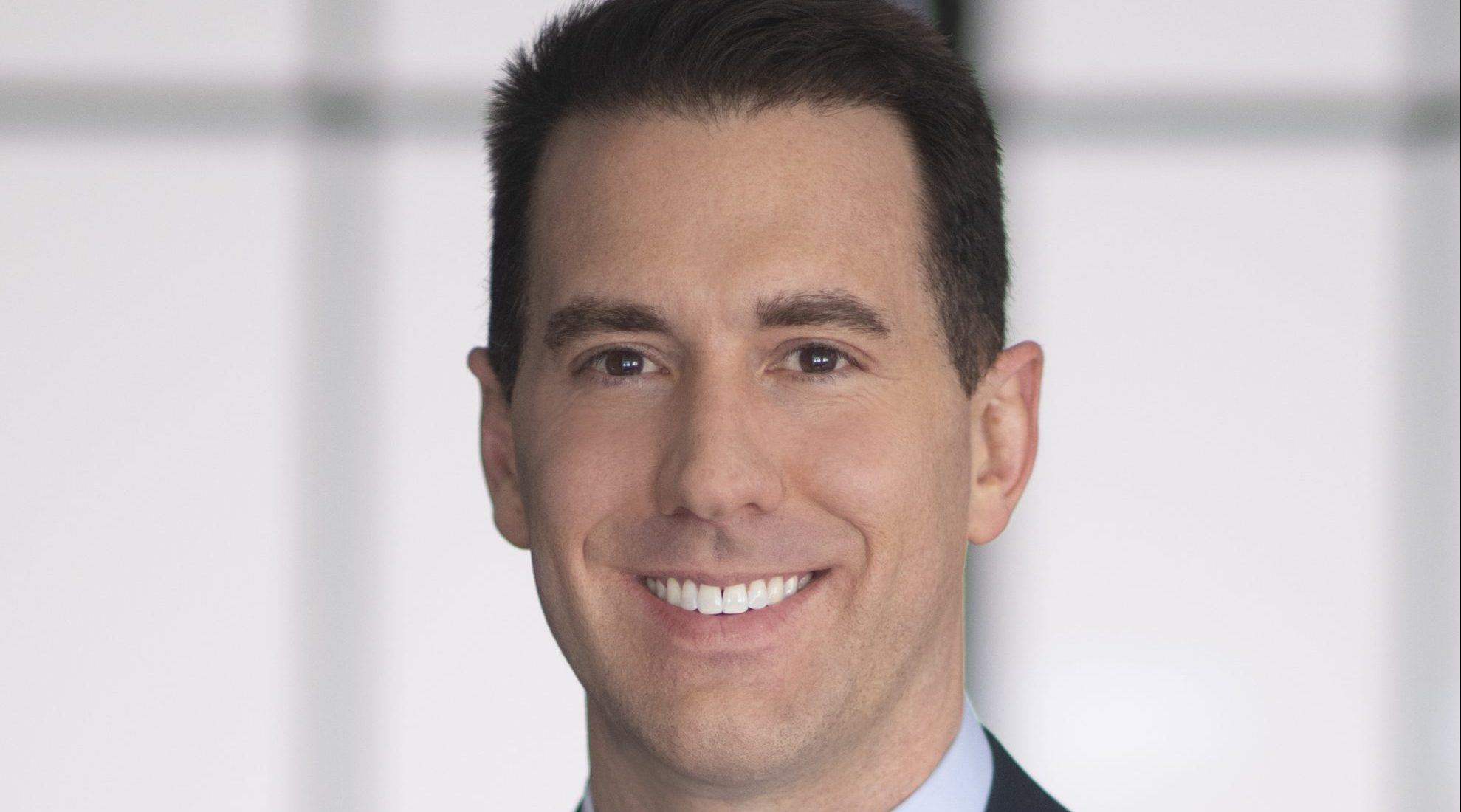Chris Jackman is a distinguished attorney and the founder of The Jackman Law Firm, renowned for his expertise in personal injury, mass torts, sex abuse, and immigration law. With deep roots in Dallas, Texas, Jackman boasts an impressive educational background, holding degrees from Texas A&M, the University of Wisconsin, and Creighton University Law School. Since establishing his Seattle-based firm in 2014, he has secured nearly $50 million in settlements, reflecting his unwavering commitment to justice and client advocacy. A multiple Super Lawyer award recipient, Jackman is dedicated to both his professional and personal life, balancing a successful legal career with his passions for family, tennis, and philanthropy. His holistic approach to law and community service exemplifies his dedication to making a positive impact both inside and outside the courtroom.
How did you get started in this business?
I grew up in Dallas, Texas, with a strong sense of justice and community, which guided me toward a career in law. After completing my education at Texas A&M, the University of Wisconsin, and Creighton University Law School, I founded The Jackman Law Firm in 2014 in Seattle. My goal was to create a practice dedicated to helping those impacted by negligence or abuse, focusing on personal injury, mass torts, sex abuse, and immigration law.
How do you make money?
Our firm generates revenue through client fees, settlements, and contingency fees, primarily from personal injury and mass tort cases. We work on a contingency basis, meaning we only get paid if we win or settle a case, aligning our success directly with that of our clients.
How long did it take for you to become profitable?
It took us about two years to become consistently profitable. The initial phase involved significant investment in building our client base, establishing our reputation, and ensuring we had the resources to provide high-quality legal services.
When you were starting out, was there ever a time you doubted it would work?
Absolutely, there were moments of doubt, especially when facing the challenges of building a new practice from the ground up. However, my commitment to our mission and the support from my family and colleagues helped me push through those doubts and stay focused on our goals.
How did you get your first customer?
Our first customer came through community outreach and networking. We hosted free legal clinics and workshops, which helped build trust and visibility in the community. These events not only provided valuable services but also established relationships that led to our first clients.
What is one marketing strategy that works well to generate new business?
One effective strategy has been our focus on community engagement and education. By offering free seminars, participating in local events, and providing accessible online resources, we’ve built a strong reputation and a steady stream of referrals from satisfied clients and community partners.
What is the toughest decision you’ve had to make in the last few months?
Recently, we had to decide whether to take on a particularly complex and high-stakes case that required significant resources and could impact our ability to serve other clients. After careful consideration, we chose to proceed, believing in the importance of the case and our ability to make a meaningful difference.
What do you think makes you successful?
I believe our success is driven by a genuine commitment to our clients and the community. By prioritizing their needs, maintaining high ethical standards, and continually adapting to new challenges and technologies, we’ve built a practice that stands out for its integrity and impact.
What has been your most satisfying moment in business?
One of the most satisfying moments was winning a landmark case that significantly impacted our client’s life and set a positive precedent for similar cases. Seeing the relief and gratitude on our client’s face reaffirmed the importance of the work we do.
What does the future hold for your business?
The future looks promising as we plan to expand our practice to more locations, enhancing our ability to serve a broader range of clients. We’re also exploring more ways to integrate technology to streamline our services and improve access to justice.
What business books have inspired you?
“Just Mercy” by Bryan Stevenson has been particularly inspiring
for its powerful message about the impact of legal advocacy and the importance of fighting for justice. It’s a reminder of the profound difference we can make in the lives of others through our work.
What advice would you give to your younger self?
I would tell my younger self to embrace every challenge as a learning opportunity and to trust in the journey. Patience and perseverance are key, and the setbacks you face will ultimately shape you into a more resilient and compassionate professional.
Are you willing to be a mentor?
Absolutely, I am committed to mentoring aspiring lawyers and those interested in making a positive impact through legal work. Sharing knowledge and experiences is crucial for the growth of our profession and for fostering the next generation of advocates for justice.

